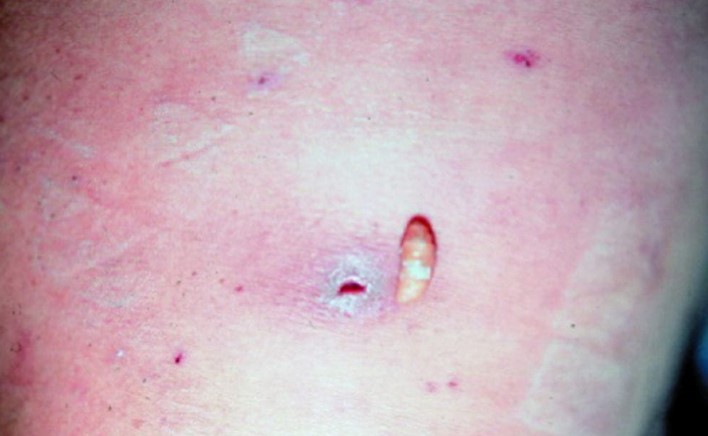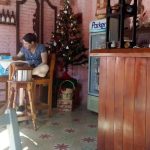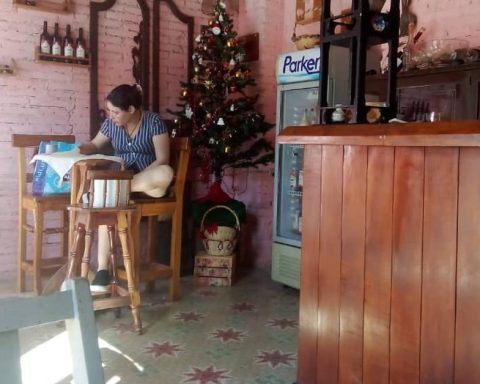The Institute for the Protection and Health of Agriculture (IPSA), through official media, confirmed that Nicaragua has registered two cases of people infected by the cattle screwworm, which, according to the World Organization for Animal Health (WOAH), “is a strict parasite of mammals, including humans, which is caused by the larval stage of the fly Cochliomyia hominivorax (Coquerel).”
The fly Cochliomyia hominivorax, according to WOAH, is responsible for depositing “eggs in open wounds of a warm-blooded animal, including humans, and, once these burst, the maggot begins to feed from the wounds.”
Last April, the IPSA, through a decree, declared a “national animal health alert due to the presence of the screwworm” in cattle in Nicaragua, ordering the activation of the “National Emergency Device for Agricultural Health (Dinesa), due to the detection of the screwworm in cattle.”
2,500 animals infected with screwworm
Ricardo Somarriba, director of IPSA, in an interview with the pro-government Informe Pastrán, revealed that the presence of the screwworm in cattle in Nicaragua was detected “six months ago.” However, the health alert was issued five months ago, exactly on April 5 of this year.
He also explained that in that period, in addition to the two cases in humans, they have recorded “around 2,500 cases in animals, with cattle being the most affected, with more than 1,900 cases, especially in calves.”
Somarriba mentioned that in addition to livestock, they have also identified cases of infections “in pigs, horses, cats and dogs.”
Related news: Alert in Costa Rica: a second dead and 11 infected by the screwworm
The IPSA director assured that as part of the measures to combat the health emergency they have included the “use of planes that release sterile flies to stop the reproduction of the pest,” pointing out that they have done this “mainly in the border areas with Costa Rica and in affected regions such as Matagalpa.” He also mentioned that together with the producers they have included the use of “10-gram sachets of a special powder that kills the screwworms in a few minutes after its application.”


















